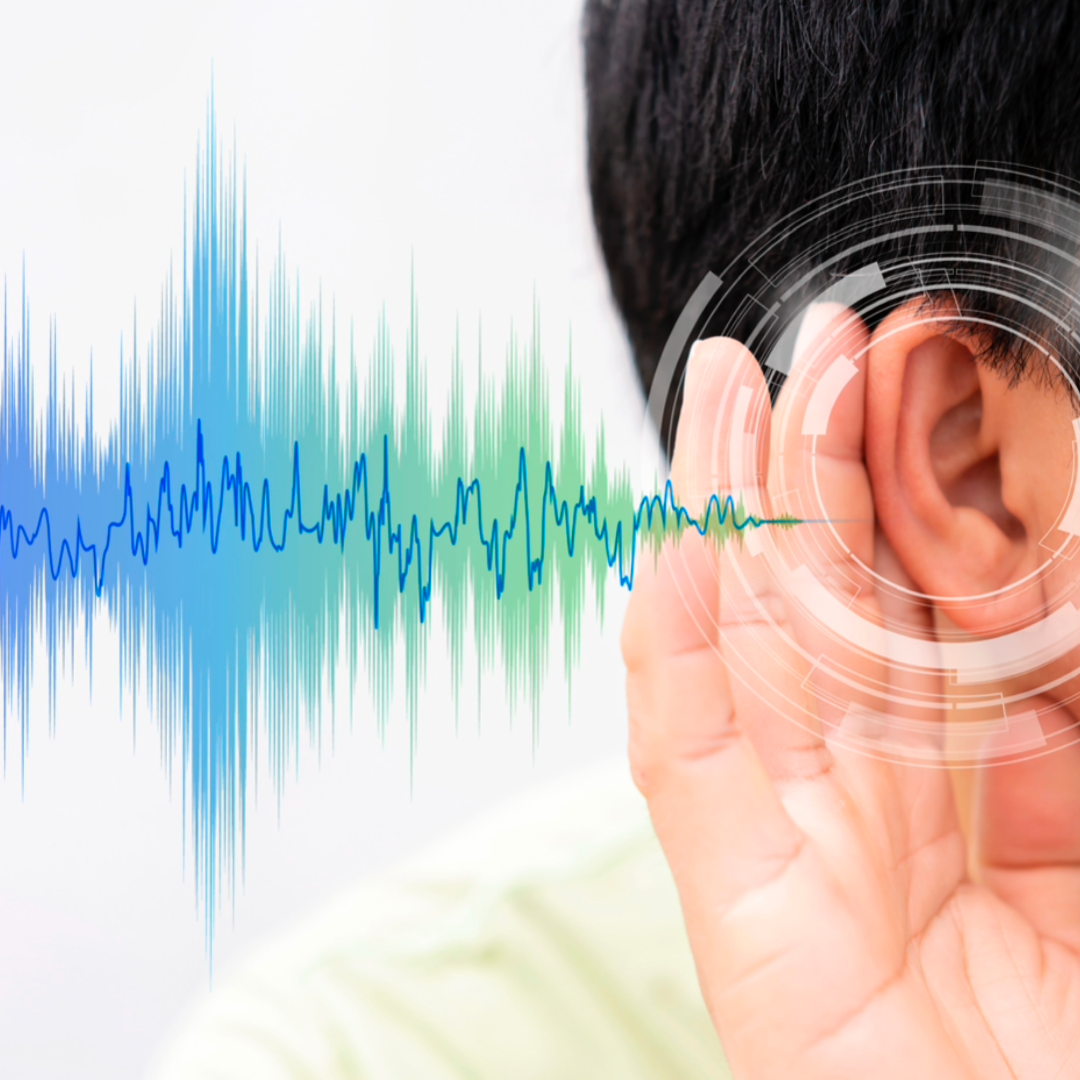Is there a child or student in your life struggling with listening skills?
At home, simple instructions may lead to confusion or incomplete tasks, while in the classroom, they might struggle with following discussions or understanding teacher instructions.
This can often lead to misconceptions about their attention or hearing abilities. However, poor listening skills could be a result of auditory processing disorder (APD), which is different from hearing loss or inattention.
Children with APD can hear well but struggle to process and understand the information, much like trying to converse in a noisy room.If you suspect APD, it's essential to first rule out hearing issues and then consult with professionals like audiologists or speech pathologists for assessment.
These professionals can distinguish APD from other in conditions like ADHD or specific language impairment (SLI).Once diagnosed, there are strategies to help, including compensatory techniques at home and school and targeted interventions like the Fast ForWord program.
Studies have shown that this neuroscience-based program can significantly improve auditory processing skills, helping children better follow instructions, listen in noisy environments, and comprehend complex sentences.
Written by: CL Hub Team

